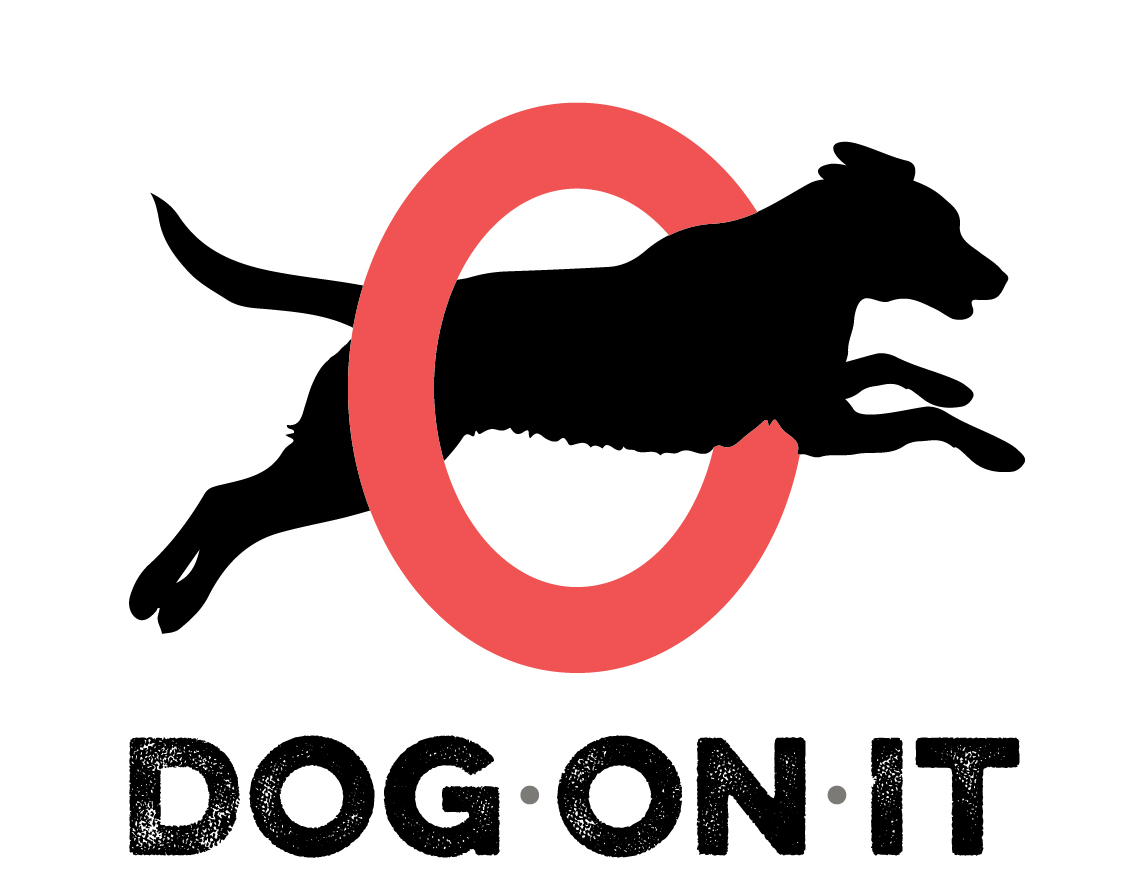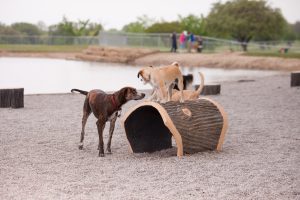A Special Breed
Shy dogs have a special place in our hearts! Anyone who has ever loved a dog will tell you that they absolutely have their own personalities and funny quirks. Though their temperaments vary from pooch to pooch, shyness is a fairly common trait. It’s especially noticeable in dogs who have experienced abuse or poor socialization early in life. Rescue dogs are even more susceptible due to trauma associated with being in a noisy shelter, going from foster home to foster home and essentially a lack of stability. For a shy pup, the dog park can be an overwhelming and scary place at first. Thankfully there are ways to safely introduce Fido to the dog park to ensure that they have a life filled with fun visits and play.
Signs your dog may be timid or shy:
If your family has recently adopted a dog and you’re unsure about their temperament, body language can help give you some insight into how they feel. If your dog exhibits some or all these traits, they may need some extra TLC and training:
- Ears are flat against his head
- Often in a cowering posture
- Shies away from interactions with other dogs and/or people
- Tucks his tail between his legs
- Panting or shaking
- Excessive yawning (a sign of stress)
- Skulking, pacing, hiding, or escape attempt
- Whining or barking
- Raised hackles
- Avoids eye contact
- Nipping, biting, or sneering
- Submissive urination
Dog Park Introduction Techniques
Basic Obedience: For safety purposes, every dog should respond to basic commands before visiting a dog park. Obedience training can be your best friend’s best friend here! If a shy dog knows exactly what you’re asking/expecting, he may be less likely to panic during a stressful situation. Start at home with simple commands such as “Sit,” “Stay,” and “Come”, and be sure to use lots of positive reinforcement! Once your dog has mastered those commands indoors, try taking them outside where there are more distractions. Working closely with your dog will boost their confidence and give you peace of mind as well.
Additional Training: Sometimes a timid pup can overreact when they feel threatened or nervous. This can be something such as anxious barking, but can also be more problematic if they resort to fear-based responses such as nipping or biting. Fortunately, most reputable trainers offer classes and/or one-on-one sessions geared towards shy dogs. These classes build upon basic obedience and focus on confidence building and strengthening the dog/guardian bond.
Doggy Playdates: If your dog is timid around other dogs, consider an at home playdate before introducing him to the dog park. The best BFF candidate is a calm and gentle dog who is confident around both people and pets. Not only is this a big step in socialization, but your dog will learn appropriate behavior just by being around a laid-back canine. If you don’t have any dogs like this in your life, ask a local dog trainer! Many of them would love to bring a “canine mentor” to a training session or allow your dog to test out a day at doggy daycare where they can learn those same skills in a managed environment.
Practice Park Activities: Teach your dog games like “Fetch” and “Hide and Seek” at home or in your backyard. This not only gives your dog a chance to learn while playing, it also trains them for activities you’ll likely engage in at the dog park. Giving treats or using a clicker can help him focus on the positive and stay out of worry-wart mode. It may sound simple but for a timid dog, just learning that they can initiate an interaction with a predictable outcome can make all the difference.
Putting it All Together: When it’s time to load your pup into the car and head to the park, start slowly. That means doing some background research first: does your local park have a shy/senior dog section? What are the slowest and busiest times (so you can plan accordingly)? Are there any reviews of the park from other park users that might be helpful? Can your dog trainer meet you there to provide an extra set of eyes? Do everything you can to set your dog up for success, but be patient! It might take a few tries, or visiting a few different parks for the stars to line up. And it’s possible that Fido just isn’t a dog park kind of dog, and that’s fine too!
Hopefully these tips will make the dog park a happier place for both you and your pup. Woof!
Tags: dog obedience, dog park, dog parks, dog socialization, dog training, dogs, fido, obedience training, positive reinforcement, puppies, rescue dog, shy dogs
 Your Dog Park Experts!
Your Dog Park Experts! 







